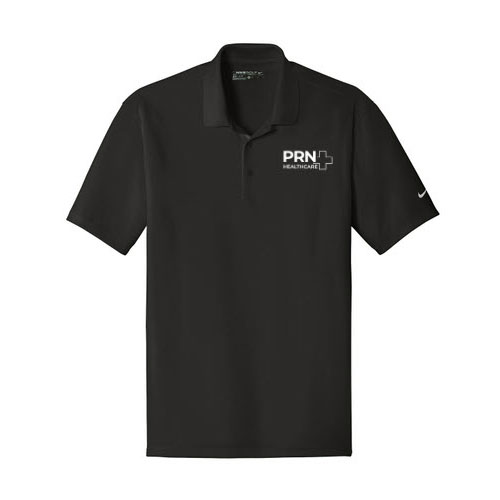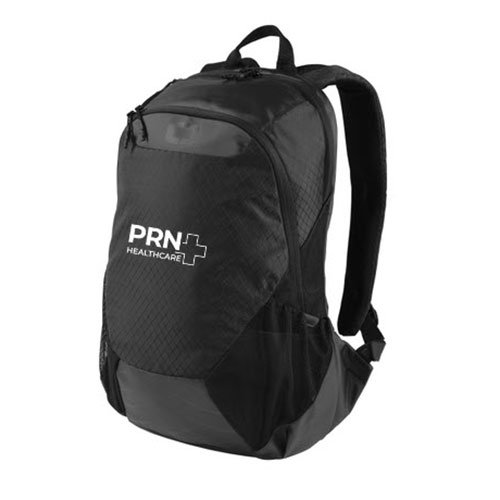Table of Contents
Why did you specialize in labor & delivery?How do you handle high-stress situations, such as emergencies during labor?Can you describe a time you dealt with a difficult patient or family member? How did you handle it?How do you prioritize tasks during a busy shift?What is your experience with fetal monitoring?How do you ensure patient comfort during labor?How do you handle a patient experiencing postpartum hemorrhage?What certifications do you hold, and how do they benefit your role?How do you support patients with high-risk pregnancies?How do you work as part of an interdisciplinary team?Can you describe a time you handled an emergency delivery?How do you manage a patient who refuses medical intervention?What do you do if a patient’s birth plan conflicts with medical recommendations?How do you educate first-time mothers about labor and delivery?Describe your approach to pain management during labor.How do you ensure infection control during delivery?How do you handle a patient experiencing severe anxiety during labor?What steps do you take during a C-section procedure?How do you care for a newborn immediately after birth?What makes you a good fit for this labor and delivery team?Preparing for the interview is crucial because it increases your likelihood of securing a labor & delivery (L&D) RN job. Effective and thorough preparation helps a candidate present themselves with confidence, clearly articulate their skills and experiences, and respond effectively to the questions. By practicing potential interview questions, an RN can refine their answers, reduce their anxiety, and demonstrate they are the best candidate for the job.
Preparation reflects positivity on a candidate’s enthusiasm and performance, and it will leave a good impression on the potential employer. In a competitive job market, being prepared can elevate a candidate above fellow candidate.
Preparing for your L&D interview involves anticipating questions about both your technical knowledge and skill set. Here are 20 potential interview questions along with potential answers:
Why did you specialize in labor & delivery?
Answer: “I’ve always been passionate about maternal and neonatal health. Being part of an important moment in a family’s life is incredibly rewarding. I love the combination of skills and emotional support involved in this specialty.”
How do you handle high-stress situations, such as emergencies during labor?
Answer: “I remain calm, focus on the patient’s safety, and rely on my training. I make sure I effectively communicate with the team. For example, during a fetal distress case, I followed protocols, informed the doctor immediately, and kept the patient calm.”
Can you describe a time you dealt with a difficult patient or family member? How did you handle it?
Answer: “A family was upset about a delay in getting an epidural. I listened empathetically, explained the situation, and kept them updated. Once they understood the safety concerns, they became more cooperative.”
How do you prioritize tasks during a busy shift?
Answer: “I assess patients based on urgency. My focus would be on a patient in active labor over someone in early labor. I use checklists and actively communicate with my team to ensure nothing is overlooked.”
What is your experience with fetal monitoring?
Answer: “I have extensive experience using both external and internal fetal monitors. I can interpret tracings to identify signs of fetal distress, such as late decelerations, and act promptly.”
How do you ensure patient comfort during labor?
Answer: “I offer options like repositioning, breathing techniques, and pain management strategies. I also provide emotional support by listening to their concerns and reassuring them.”
How do you handle a patient experiencing postpartum hemorrhage?
Answer: “I would immediately notify the doctor, administer prescribed medications like oxytocin, start IV fluids, and monitor vital signs.
What certifications do you hold, and how do they benefit your role?
Answer: “I’m certified in NRP (Neonatal Resuscitation Program) and ACLS (Advanced Cardiac Life Support to ensure I’m prepared to handle emergencies like neonatal resuscitation or maternal cardiac events.”
How do you support patients with high-risk pregnancies?
Answer: “I closely monitor vital signs, educate patients about potential risks, and collaborate with the team to develop a tailored care plan.”
How do you work as part of an interdisciplinary team?
Answer:”I maintain open communication with doctors, midwives, anesthesiologists, and other nurses to keep them updated on the patient’s status.”
Can you describe a time you handled an emergency delivery?
Answer: “During my clinical rotation, I assisted with an unplanned delivery. I gathered supplies, coached the mother, and ensured the baby’s safety until the doctor arrived.”
How do you manage a patient who refuses medical intervention?
Answer: “I respect their autonomy, provide education about the risks and benefits, and document the conversation thoroughly.”
What do you do if a patient’s birth plan conflicts with medical recommendations?
Answer: “I discuss the situation respectfully, explain the risks, and involve the doctor. I strive to respect their wishes but ensure their safety.”
How do you educate first-time mothers about labor and delivery?
Answer:”I explain what they can expect during each stage of labor, pain management options, and signs of complications. By addressing their specific concerns, I hope it builds confidence.”
Describe your approach to pain management during labor.
Answer: “I assess the patient’s pain levels regularly and provide options like positioning, breathing exercises, and medications. I ensure patients are informed about the pros and cons of each.”
How do you ensure infection control during delivery?
Answer: “I adhere to strict hand hygiene, use sterile procedure techniques, and ensure equipment is properly sanitized.”
How do you handle a patient experiencing severe anxiety during labor?
Answer: “I speak calmly, provide reassurance, use breathing exercises to help them relax, and involve family members for support if appropriate.”
What steps do you take during a C-section procedure?
Answer: “I prepare the patient by explaining the procedure, ensuring informed consent, and assisting with anesthesia. During the surgery, I monitor vital signs and provide postpartum care.”
How do you care for a newborn immediately after birth?
Answer: “I perform Apgar scoring, suction the airway if needed, ensure the baby is warm and stable, and assist with bonding and breastfeeding.”
What makes you a good fit for this labor and delivery team?
Answer: “My clinical expertise, calm demeanor under pressure, and passion for maternal care make me a strong asset. I value teamwork and am committed to providing exceptional care to both mothers and their babies.”
Interview preparation is key to a strong, first impression. By practicing possible interview questions, a L&D RN can improve their communication skills, reduce their anxiety, and convey their qualifications for their desired nursing position. Preparation will help boost your confidence and demonstrates your commitment and professionalism. Being well-prepared is an important step toward career success as a L&D RN.




